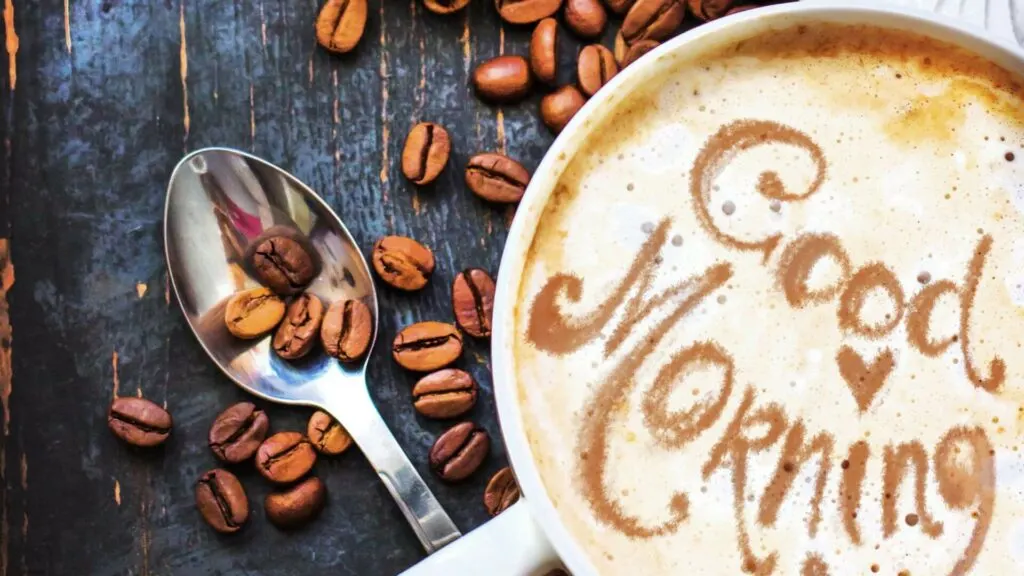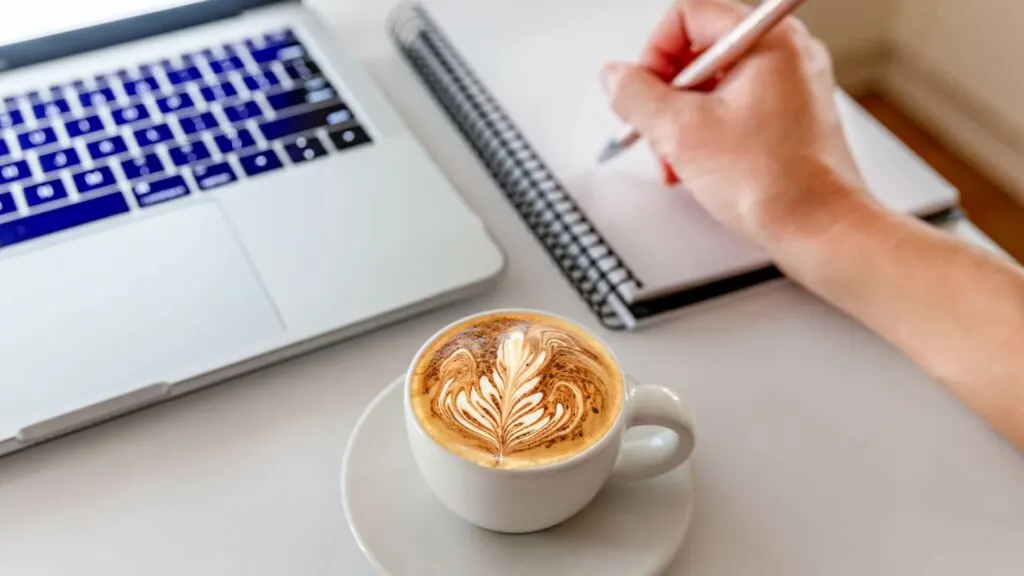There’s nothing quite like the aroma of freshly brewed coffee to kickstart your day. But what if, despite your best efforts, your homemade brew consistently falls short of expectations?
First things first: This is not necessarily a sign that you’d better buy your Morning Joe from one of the coffee shops in town. Sure, nothing quite beats the barista touch of exquisite latte art, but truth be told, mastering latte art doesn’t make your coffee taste any better. In fact, if your coffee doesn’t quite hit the spot, there may be a few things you can fix at home.
Fear not, fellow coffee lover, as we delve into the reasons why your morning cup might be lacking that satisfying punch.

Precision measuring
Achieving the perfect cup of coffee is an art that hinges on precision, especially when it comes to measuring your ingredients. But what exactly does precision in measuring entail? It’s about more than just following a recipe—it’s about understanding the intricacies of coffee density and its profound impact on taste.
Coffee density refers to the amount of coffee grounds packed into a given volume. Ideally, you want to understand how the volume of coffee connects to the volume of water, so that you’re getting the right taste. If you are thinking 1 volume of coffee equals the same volume of water, you’re doing things wrong!
Water quality
Poor water quality can cast a shadow over your morning ritual, impacting the flavor of your beloved coffee. If your tap water tastes off, chances are it’s affecting the taste of your brew too. Investing in a quality water filtration system from Leaf Home or opting for bottled water can eliminate unwanted flavors and elevate your coffee experience.
After all, water is the primary ingredient in your coffee, and its quality can make or break the final result. So, don’t overlook the importance of water quality—your taste buds will thank you for it with each delightful sip.
Coffee machine maintenance
Your coffee maker may be the unsung hero of your morning routine, but neglecting its upkeep can lead to a decline in coffee quality. Did you know that residues and build-up from previous brews can taint the flavor of your coffee over time? So you’re not just drinking today’s coffee, but also the residues of all the coffees you’ve made before… No wonder the taste is odd!
Regular cleaning and descaling of your coffee maker not only prolong its lifespan but also ensure a consistently delicious cup of joe.

Pick the right grind
The grind size of your coffee beans plays a crucial role in the extraction process and, ultimately, the flavor of your coffee. Using the wrong grind size can result in over-extraction or under-extraction, leading to a bitter or weak brew.
If your coffee tastes overly bitter, try opting for a coarser grind to reduce bitterness. This will help extract the rich flavors locked within the beans without adding harsh bitterness.
Brewing the perfect cup of coffee at home is an art form that requires attention to detail and experimentation. It’s okay to get it wrong as you’re learning. But the better you get, the smoother and richer your coffee will taste! So, the next time you find yourself disappointed by your morning cup, don’t despair—just tweak your process!

Jessi is the creative mind behind The Coffee Mom, a popular blog that combines parenting advice, travel tips, and a love for all things Disney. As a trusted Disney influencer and passionate storyteller, Jessi’s authentic insights and relatable content resonate with readers worldwide.
